Corporate profile, history, and affiliated companies
Corporate Profile
| Company Name | EGURO LTD. |
|---|---|
| President | Hirofumi Eguro |
| Established | October 1937 |
| Capital | 85.8 million yen |
| Number of employees | 180 (as of October 2022) |
| Headquarters/factory |
8-14 Okura-Machi, Okaya City, Nagano Pref., 394-0043 Japan 
|
| Minowa Factory |
4964 Higashi-Minowa, Minowa-machi, Kamiina-gun, Nagano Pref., 399-4602 Japan 
|
| Business offices | Tokyo Branch Office, Nagoya Branch Office, Osaka Branch Office |
| Description of business | Development, manufacturing, sales, and automation of high-precision, compact CNC machine tools |
Affiliated companies
| EBAGRON KOGYO K.K. |

|
|---|---|
| SHINKO SHOJI K.K. |
|
History
See history prior to 2001
| 1937 | Eguro Iron Works, Ltd. founded by Jinbei Eguro in what is currently Tokyo’s Itabashi City and begins manufacturing and selling lathes and milling machines. |
|---|---|
| 1944 | Production facilities relocated to town of Shimosuwa in Suwa District, Nagano Prefecture. |
| 1948 | Eguro Iron Works, Ltd. reestablished and begins manufacturing and selling high-precision, compact lathes and benchtop lathes. |
| 1955 | Box-type headstock developed to eliminate processing accuracy instability caused by insufficient rigidity in benchtop lathes’ spindles, successfully increasing their rigidity. This expanded the range of applications for benchtop lathes to include precision component processing beyond the conventional camera and clock parts. |
| 1956 | Factory relocated to current location in Okaya City, Nagano Prefecture and reorganized as Eguro Iron Works, Co. Ltd. First benchtop lathe featuring motor-direct drive developed, significantly improving productivity and contributing greatly to the modernization, rationalization, and improvement of the working environment through simplification of the factory layout. |
| 1960 | Begin manufacturing and sales of the GL-120 high-precision, compact lathe, now a bestseller that is still in production today. |
| 1968 | Program-controlled automatic lathe developed. Pioneered the automation of small-part machining. The ENC101, Japan’s first gang-type NC lathe, is released, a pioneering unit in the automation of small component machining. |
| 1977 | Released the NUCPAL-10, a gang-type general-purpose compact NC lathe. Subsequently, the NUCLET-10 and NUCBOY-8 are developed, establishing a series of general-purpose compact CNC lathes. |
| 1981 | Completed construction of the Minowa Factory. |
| 1988 | Released the E-32V, a compact machining center with simultaneous 5-axis control. Also released the NUCROBO-10, a high-precision, compact CNC lathe with robot-machinery integration. |
| 1992 | Restructured our Corporate Philosophy through corporate identity principals and adopted the new company name EGURO LTD. |
| 1994 | Developed a built-in motor spindle for lathes to achieve high precision and speed. |
| 2000 | Released the VIKING-40MT turning center featuring composite processing and process consolidation. |
| 2000 | Launched our website |
| 2000 | Developed a practical linear motor-driven slide lathe. |
| 2001 | Comprehensively redesigned our three-model general-purpose compact CNC lathe series, releasing the NUCPAL-10EX, NUCLET-10EX, and NUCBOY-8EX. Received the Good Design Award. |
| 2001 | Completed construction of new assembly plant. |
| 2004 | Acquired ISO 14001 environmental management systems certification. Registered with JAB and UKAS. |
|---|---|
| 2004 | Released the SANAX-6, featuring a toolpost with 3-axis control. |
| 2006 | The GL-120 receives the 8th Long-Life Best-Seller Award from the Society to Honor Machine Tools of Historical Value. |
| 2007 | Recognized as one of Japan’s 300 Most Exciting Monozukuri (Manufacturing) SMEs by the Ministry of Economy, Trade and Industry (METI) Small and Medium Enterprise Agency. |
| 2008 | Completed construction of new Minowa Factory. |
| 2008 | Released the 100-Nano, an ultra-precision gang-type NC lathe. |
| 2011 | Established a representative office in Bangkok, Thailand. (Now closed) |
| 2012 | Released the RGS-200, a knurling NC lathe, and the SANFLEX-8, a composite gang-type lathe. |
| 2014 | Released the SBS-100F, featuring double-end processing, and the E-32V, featuring simultaneous 5-axis control. |
| 2016 | Released the SBS-400F dual-end processing lathe and the NUCROBO-101XL. |
| 2018 | Released the MATE-6 and NUCROBO-8EX. |
| 2020 | Released the OM430-L and NUCROBO101C. |
| 2020 | Recognized as a Regional Leader for Future Innovation. |
| 2022 | Released the NL-10CT and CT-101. |
| 2023 | Registered as a Nagano Prefecture SDGs Promotion Company |
Major awards and recognitions
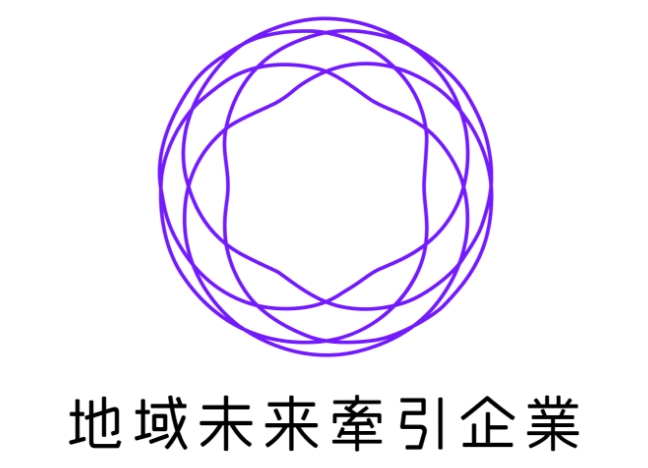
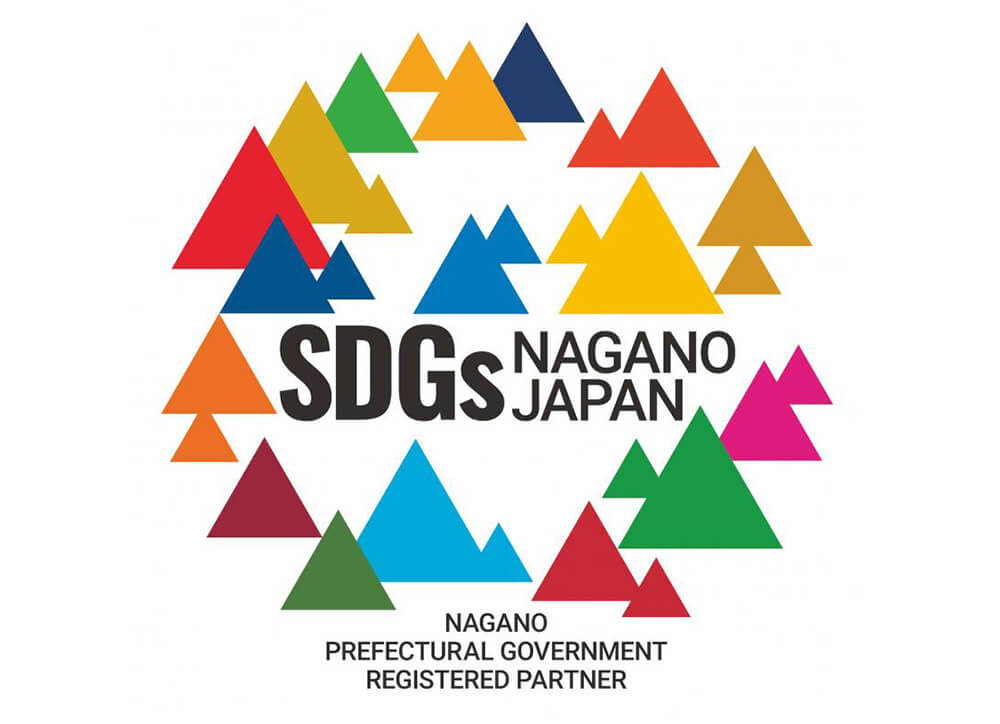
Nagano Prefecture SDGs Promotion Company
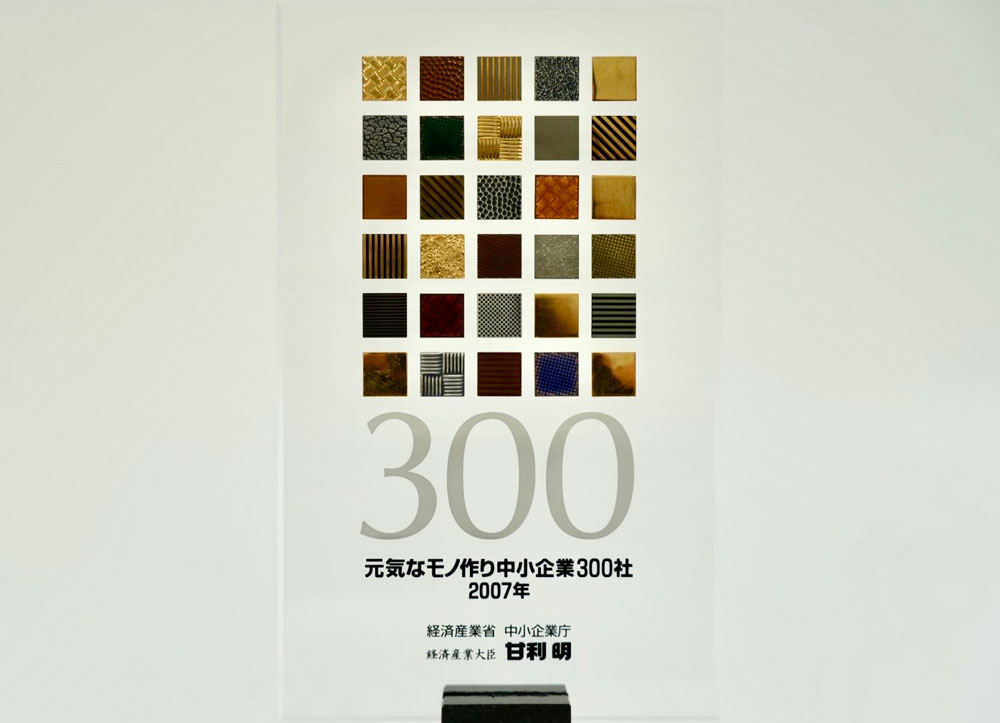
Counted among Japan’s 300 Most Exciting Monozukuri (Manufacturing) SMEs
EGURO Suwa-jinja Shrine
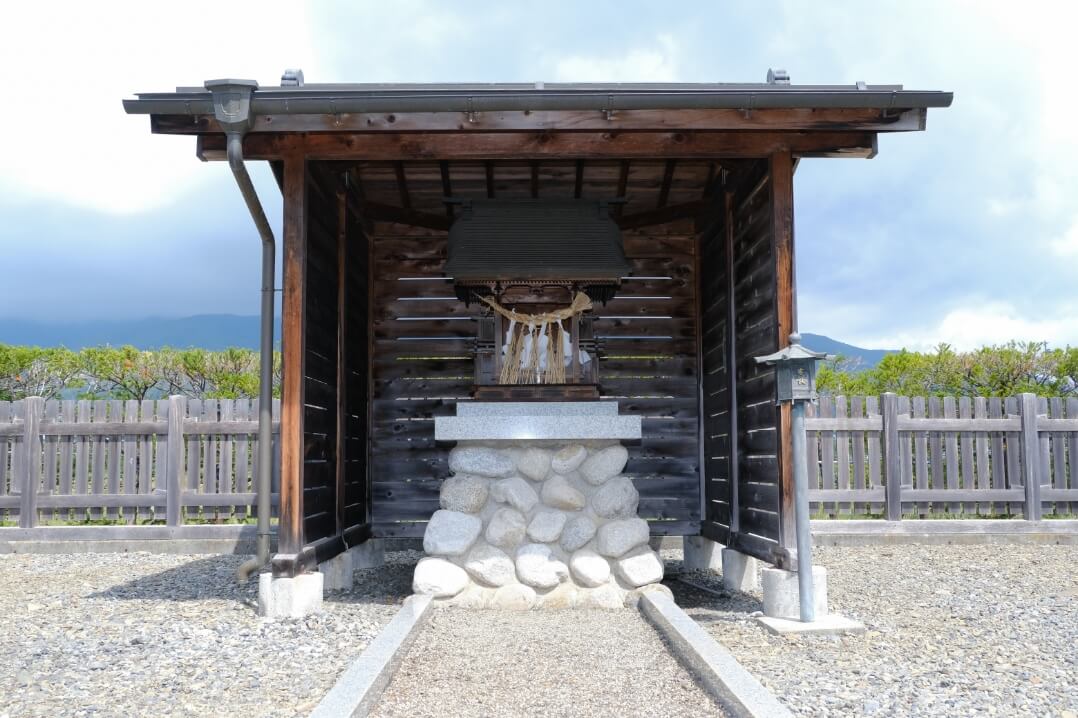
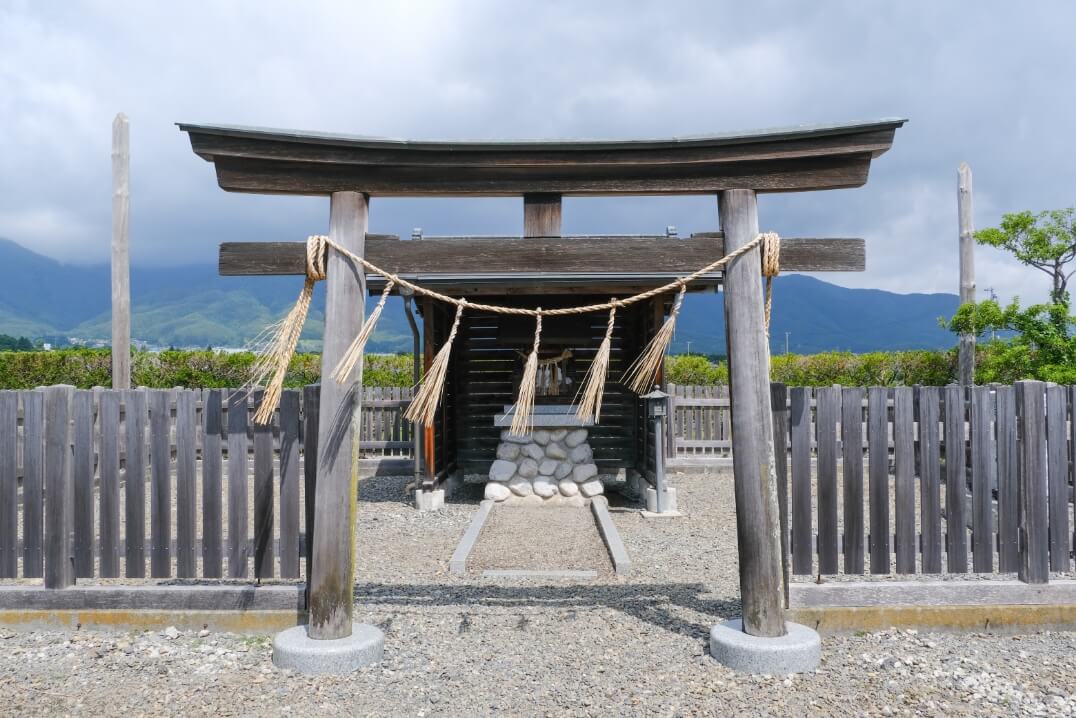
| Location | EGURO Minowa Factory |
|---|---|
| Enshrined deity | Suwa Daimyōjin |
| Associated deities | Minowa Reijin, Ryūōmaru Enmei Jizōson |
| Festival dates | Every 21st day of the month |
Founded in 1982, the shrine was established by the founder of EGURO LTD., the late Jinbei Eguro, and his wife Haruko with wishes for the safety and well-being of not only the employees of the Minowa Factory but local residents as well. The principal deity enshrined here, Suwa Daimyōjin, has long been revered as the god of wind and water. This land, where fresh winds blow through the Ina Valley and the waters of the Tenryu River flow clear and unobstructed, is truly a place worthy of this divine grace. In recent years, the Onbashira Festival has been held with great fanfare in conjunction with the local community.
The stone monument within the shrine grounds honors the ancestral spirits of the Miwa clan – the origin of the place name Minowa – who came from the Korean Peninsula in ancient times in search of a new land and settled in this region, as well as the people who have lived here through the generations, praising the virtues of their forebears. Additionally, the Ryūōmaru Enmei Jizōson is a Buddhist deity believed to bring healing and recovery from illness.
Text by Daiji Okano
